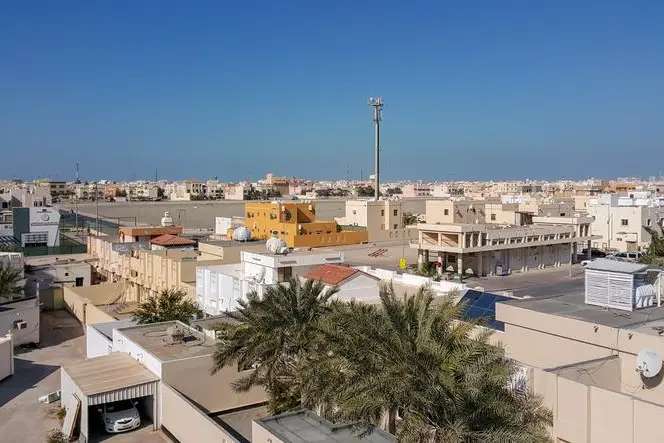PHOTO
Bahrain - Plans are underway in Bahrain to re-purpose used tyres and plastic waste to construct roads or as asphalt enhancers it has emerged.
This follows the previous recycling of demolition and construction waste to create roads, as well as using baghouses – industrial dust collectors – to produce concrete.
According to Supreme Council for Environment (SCE) waste management head Mohammed Aman, almost 50 per cent of waste generated in Bahrain annually has the potential to be reduced, recycled and re-purposed.
Landfill
“Around 1.8m tonnes of waste are disposed annually in the Askar landfill – out of which almost 500,000 to 600,000 tonnes are household waste,” he said during an online webinar held yesterday, in collaboration with the Industry, Commerce and Tourism Ministry’s Testing and Metrology Directorate.
“Around 45pc to 50pc of this waste can be reduced, recycled and re-purposed for other uses yet they are disposed of in the Askar landfill.
“Bahrain has taken several initiatives towards sustainable waste management which can be seen in the use of demolition, construction and industrial waste to create roads, while also using the sandblasting residue to produce bricks.
“Plans are in the pipeline – which will be implemented soon – in order to recycle and reuse tyres as well as plastic waste in the construction of roads as well as asphalt enhancers.”
Online reports revealed that the technology for plastic roads – which first appeared in India two decades ago – is gaining ground in the UK, Europe and Asia.
Studies have shown that roads containing recycled plastic waste perform as well, or better, than traditional roads, while also reducing the amount of dumped plastic waste.
Mr Aman further highlighted that there are seven steps in the framework for waste management that are implemented on industrial, household and medical waste, which begin with no production, reduction, reusing, recycling, recovering, treatment and finally disposal.
The GDN reported last year that more than 70,000 plastic products were rejected by customs last year as the directorate rejected 18 consignments and released 654 others from July 25, 2019 until June 30 last year.
The ban followed the Ministerial Order Number (11) for 2019 with respect to technical regulations for plastic in July 2019.
“Policies and standards play a critical role in achieving sustainable waste management and one of the most important is to set restrictions on the production and import of high-consumption products that are difficult to collect, recycle and reuse,” added Mr Aman.
“We can’t discuss investing in recycling if we can’t monitor the products coming in, or being produced, and we have passed several key decisions that have contributed greatly to the reduction of waste in Bahrain.
“A key decision was issued to limit the size of plastic water bottles to 200ml as a minimum – within efforts to minimise waste – as there are currently around 23 different sizes on the market.
“There are other decisions that are currently either in the pipeline or in their final legislative stages such as the recycling of electronic waste, as well as banning single-use plastic.”
The GDN previously reported that around four billion plastic bottles are consumed in Bahrain annually, most of which are disposed of in the country’s landfill site which has been operational since the 1970s and has surpassed its projected capacity and lifespan.
It takes around 450 years for a plastic bottle to fully decompose and during that time it gradually releases harmful toxic chemicals that pollute the soil and groundwater.
reem@gdn.com.bh
© Copyright 2020 www.gdnonline.com
Copyright 2021 Al Hilal Publishing and Marketing Group Provided by SyndiGate Media Inc. (Syndigate.info).





















